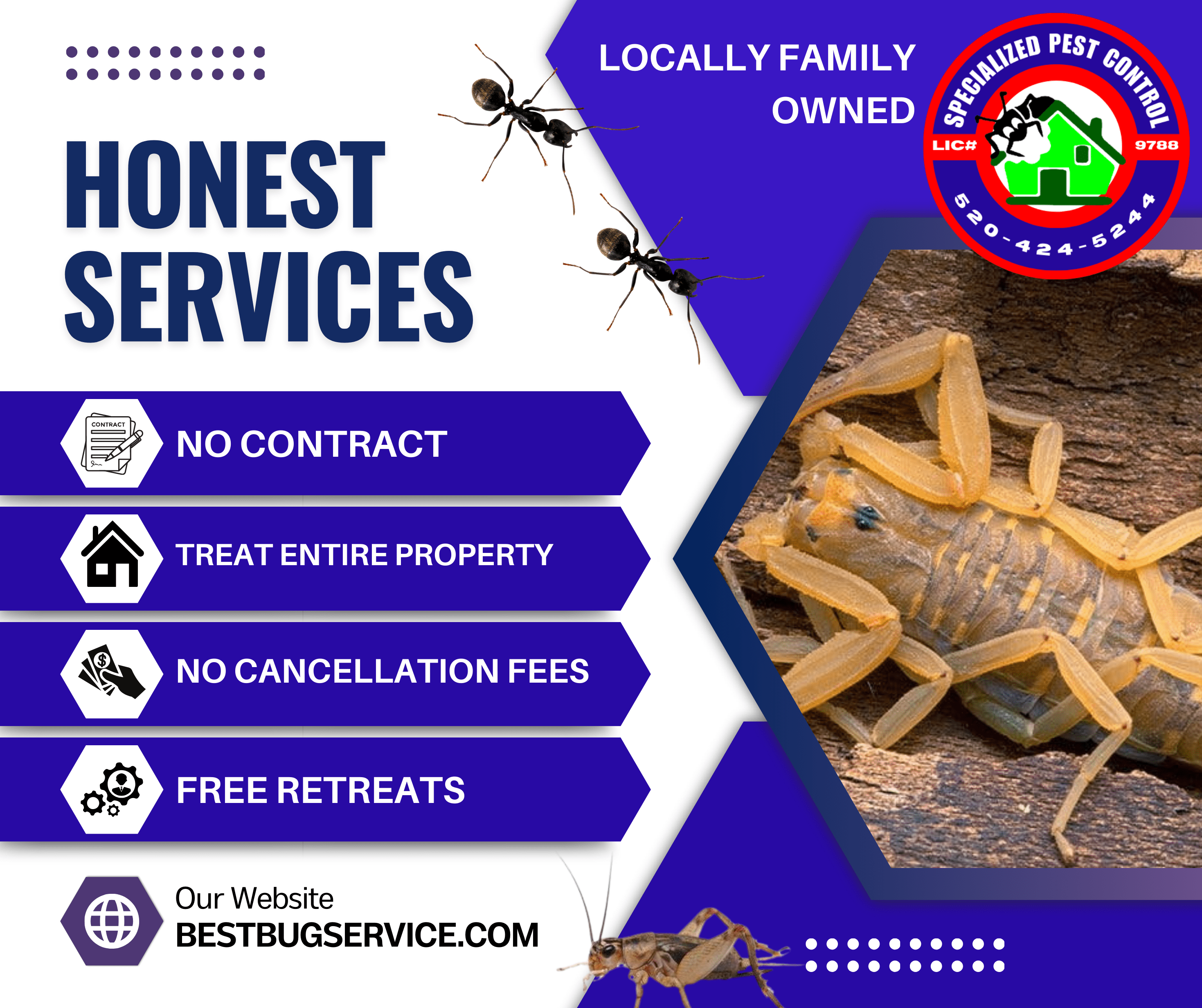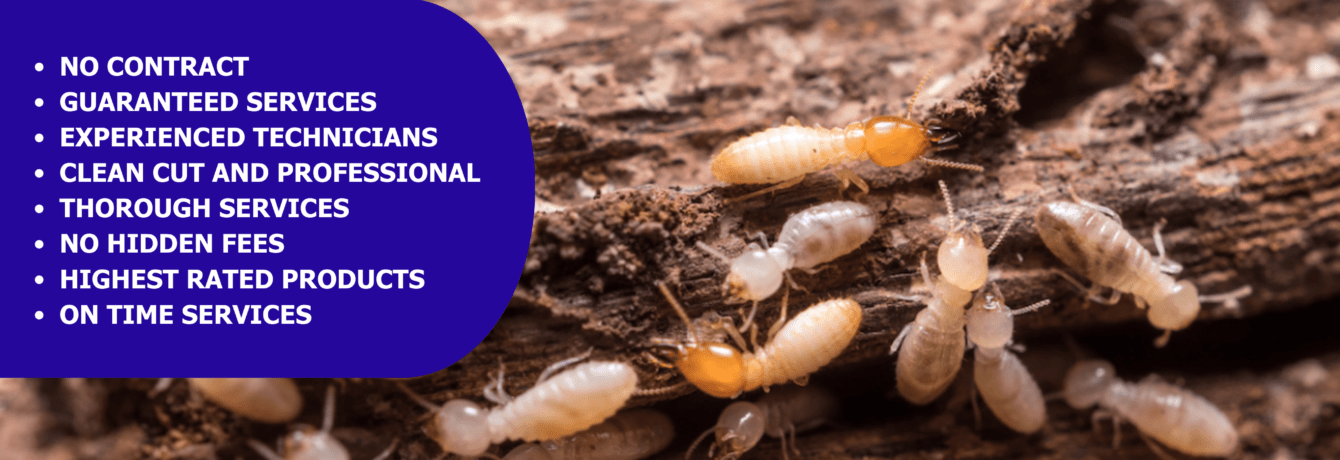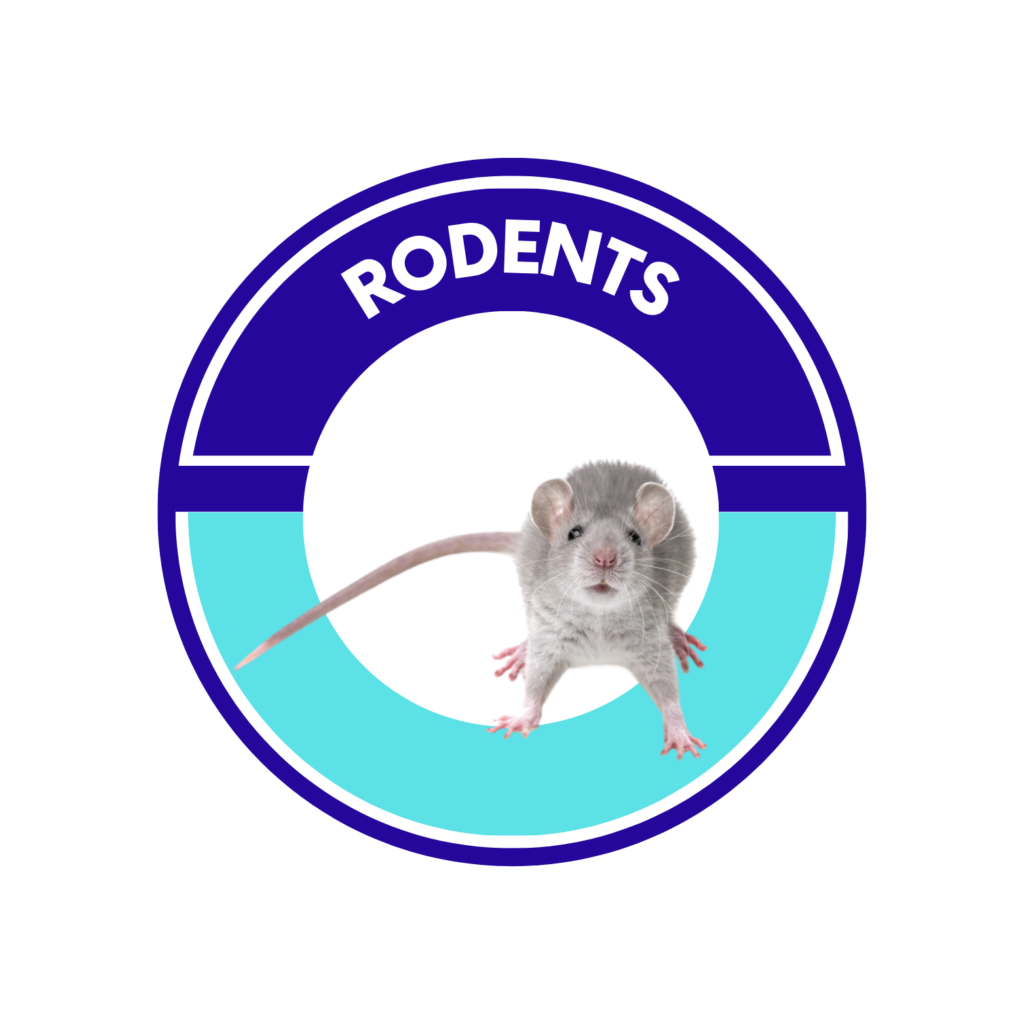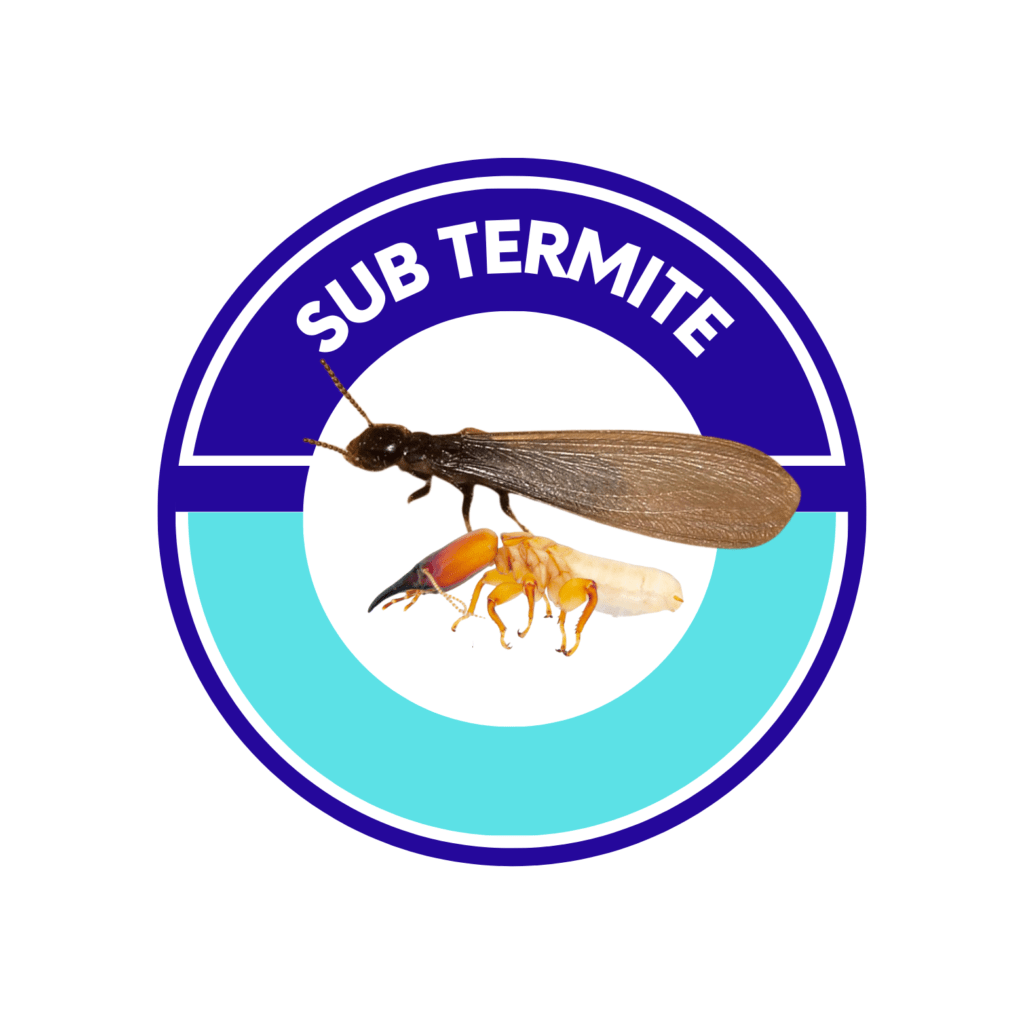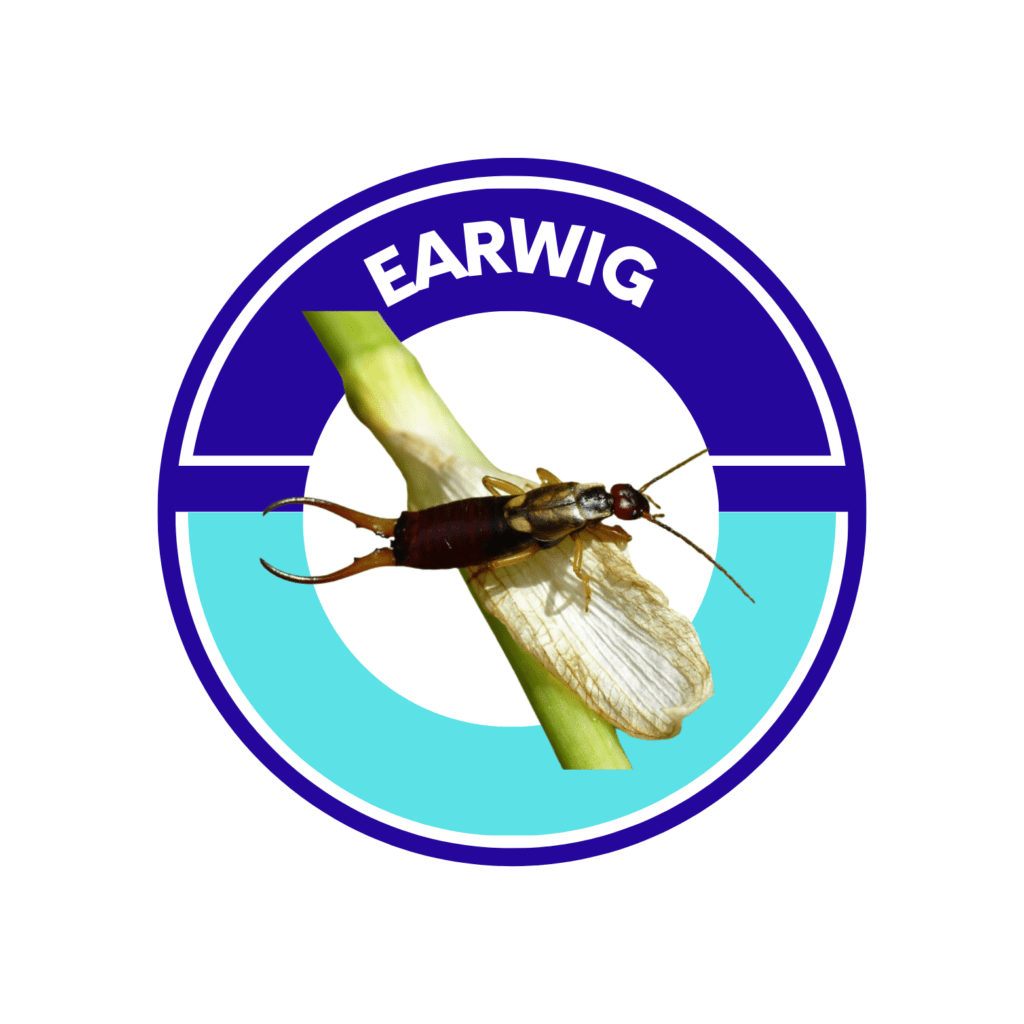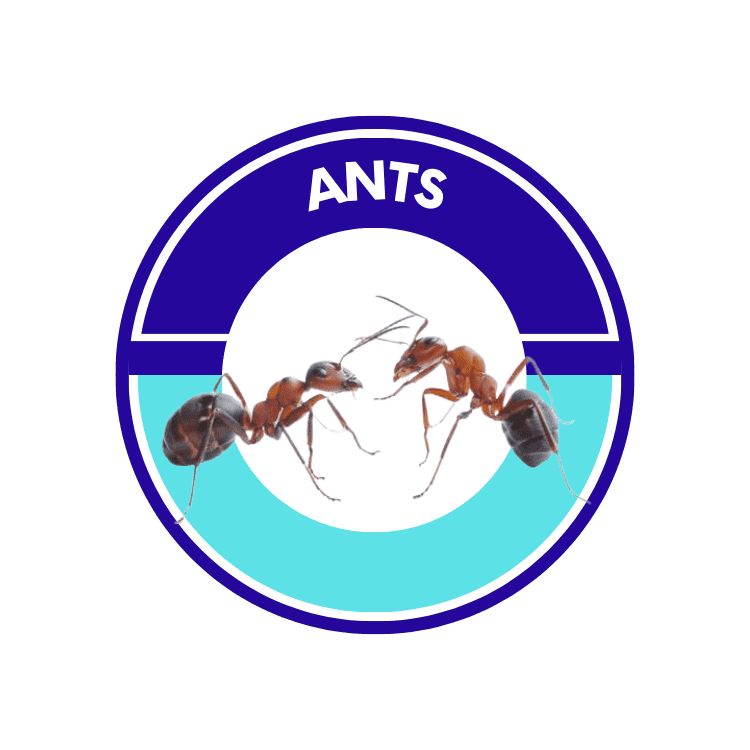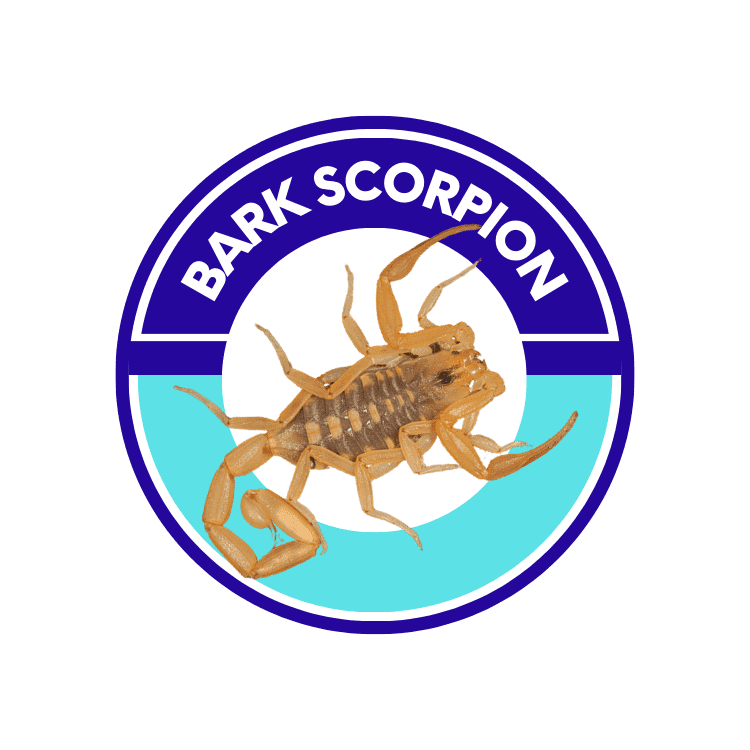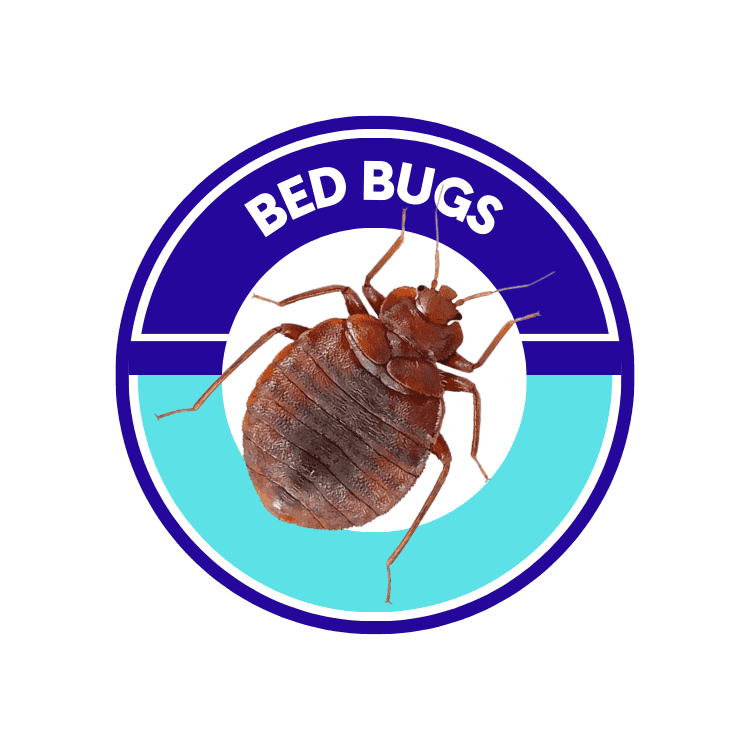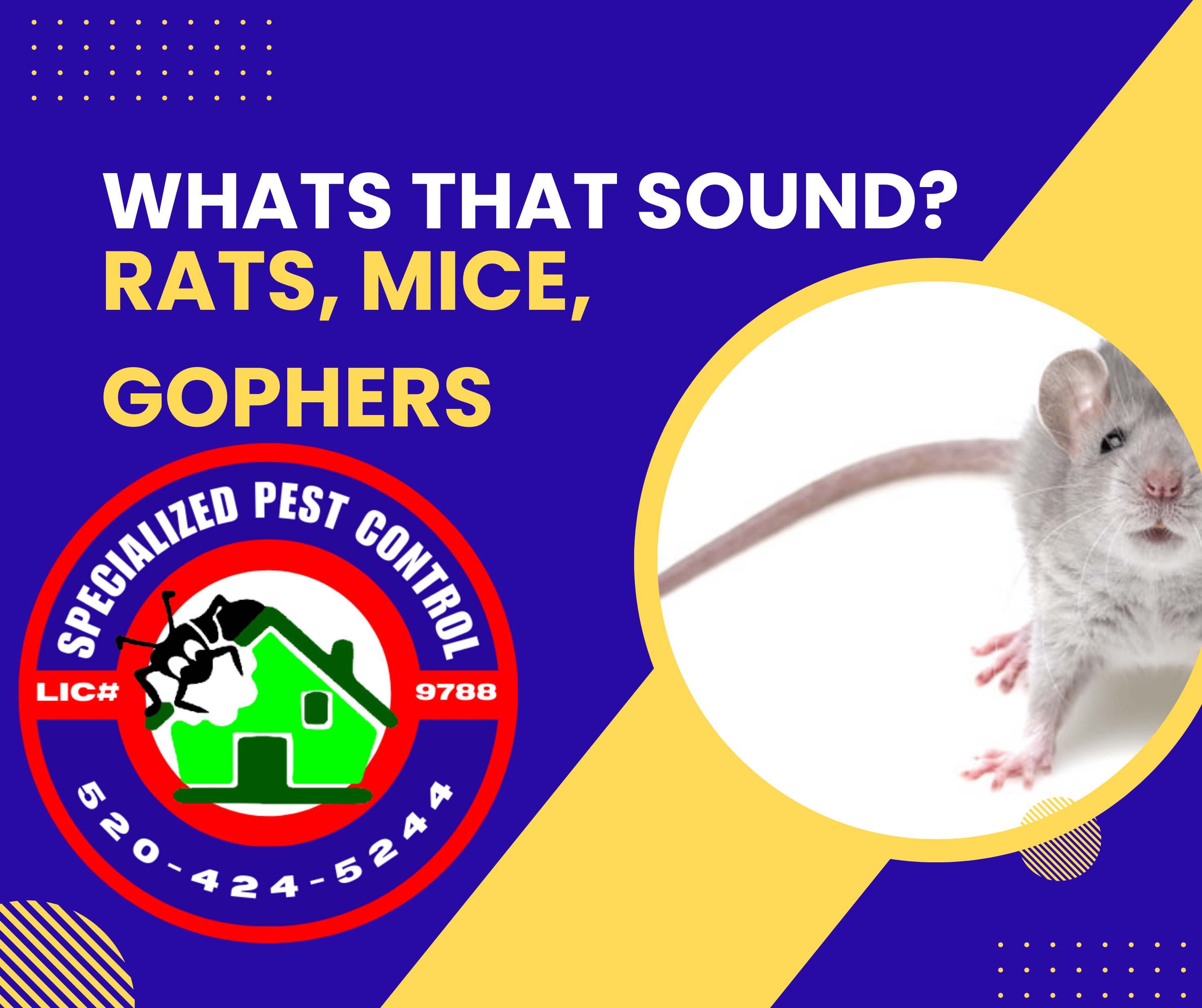
Rodent control involves several steps to prevent and manage infestations effectively:
- Seal Entry Points: Rodents can enter buildings through small cracks and openings. Inspect your home or building for potential entry points and seal them with caulk, steel wool, or metal mesh.
- Remove Food Sources: Keep food stored in sealed containers, and clean up spills and crumbs promptly. Store pet food in sealed containers and avoid leaving food out overnight.
- Eliminate Water Sources: Fix leaky pipes, faucets, and other sources of moisture to make your home less attractive to rodents.
- Trim Vegetation: Trim bushes, trees, and other vegetation away from the exterior of your home to prevent rodents from using them as pathways to access your house.
- Use Traps: Snap traps, live traps, and electronic traps can be effective in capturing rodents. Place traps along walls, near entry points, and in areas where rodents are active.
- Rodenticides: If traps alone aren’t effective, consider using rodenticides as a last resort. Place baits in tamper-resistant bait stations to prevent accidental exposure to pets and children.
- Sanitation: Keep your home clean and clutter-free to reduce hiding places for rodents. Regularly vacuum and sweep floors, and remove piles of debris and clutter from attics, basements, and storage areas.
- Professional Pest Control: If you’re unable to control a rodent infestation on your own or if the infestation is severe, consider hiring a professional pest control service. They can assess the situation, implement effective control measures, and provide ongoing monitoring and maintenance.
It’s essential to address rodent infestations promptly to prevent damage to property, contamination of food, and potential health risks associated with rodent-borne diseases. Regular maintenance and vigilance can help keep rodent populations under control and minimize the risk of infestations.
In Arizona, several species of rodent can be found, both native and introduced. Some common rodents in Arizona include:
- House Mice (Mus musculus): These small rodents are ubiquitous and can be found in both rural and urban environments. They often seek shelter in homes, buildings, and agricultural structures, where they can cause damage to property and contaminate food.
- Norway Rats (Rattus norvegicus): Also known as brown rats, Norway rats are larger rodents that are common in urban areas. They can burrow underground and are known to invade buildings in search of food and shelter.
- Roof Rats (Rattus rattus): Roof rats, also called black rats, are agile climbers that often nest in trees, shrubs, and attics. They can be a significant pest in residential areas, where they may damage property and spread disease.
- Pocket Gophers (Geomys spp.): These burrowing rodents are common in Arizona’s grasslands, deserts, and agricultural areas. They create extensive tunnel systems underground and can damage crops, gardens, and landscaping.
- Kangaroo Rats (Dipodomys spp.): Kangaroo rats are native to the deserts and grasslands of Arizona. They are known for their long hind legs and bipedal hopping behavior. Kangaroo rats feed on seeds and vegetation and play a role in seed dispersal.
- Ground Squirrels (genus Spermophilus): Several species of ground squirrels are found in Arizona, including the rock squirrel and the round-tailed ground squirrel. They are active during the day and feed on seeds, fruits, and vegetation.
- Pack Rats (Neotoma spp.): Pack rats, also known as woodrats, are common in desert habitats and can be found in rocky outcrops, caves, and brushy areas. They are known for collecting a variety of objects to build their nests, including sticks, leaves, and human-made items.
Controlling rodent populations in Arizona may involve a combination of preventive measures, such as sealing entry points and eliminating food sources, as well as targeted trapping or baiting efforts. In some cases, professional pest control services may be needed to address severe infestations effectively.
